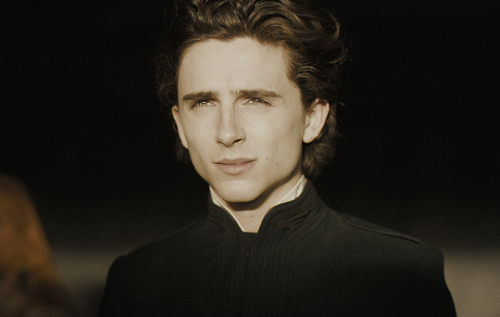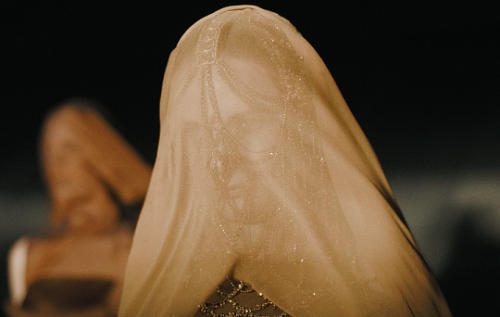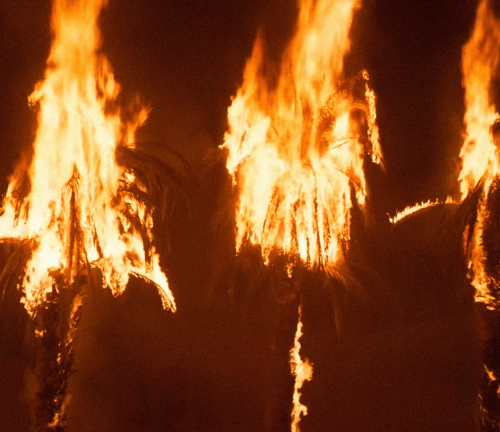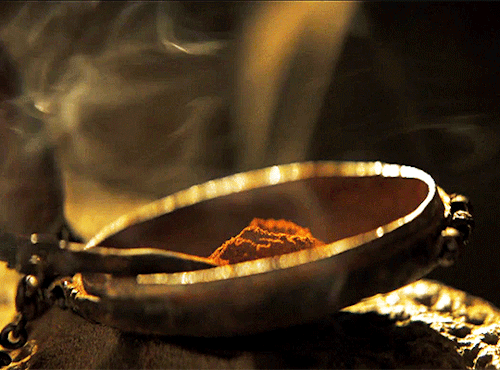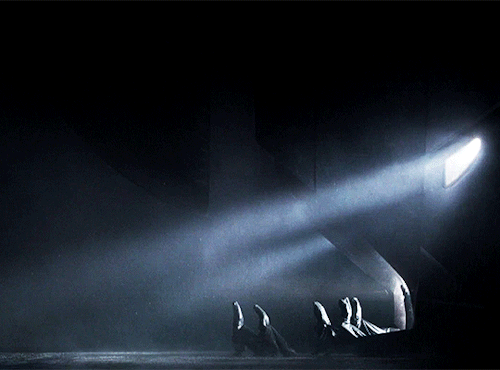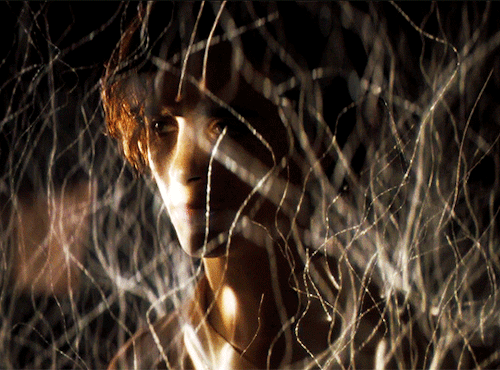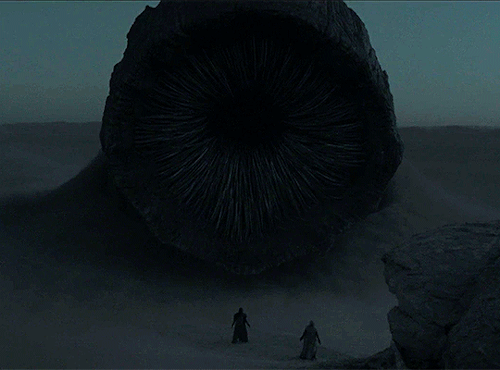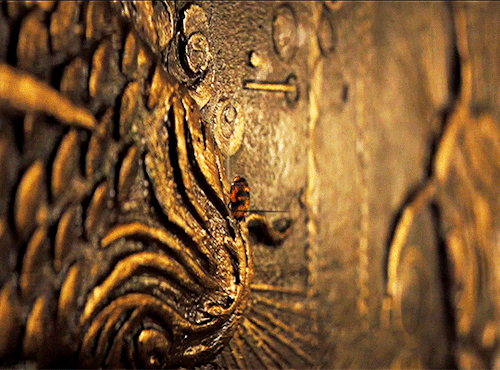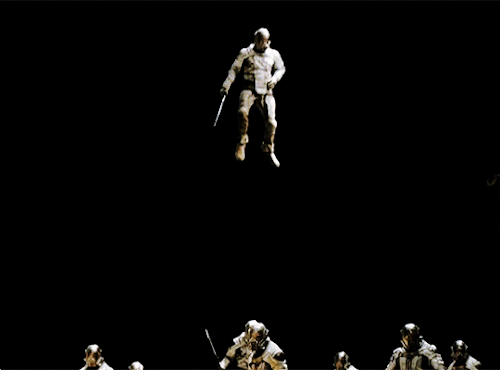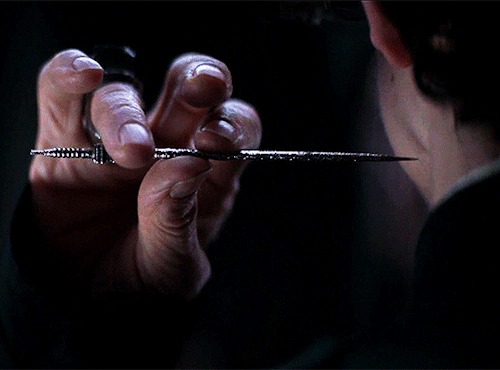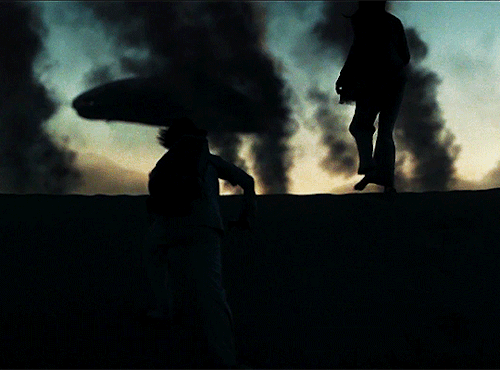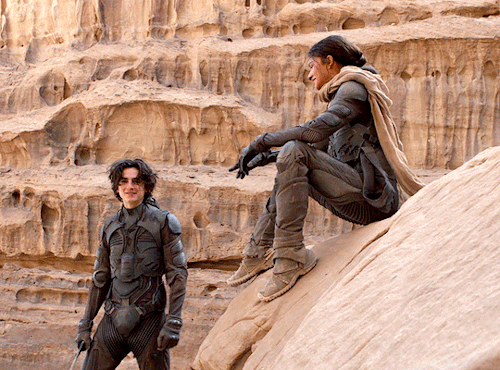Dune (villeneuve) - Blog Posts
regarding Dune Part 2: i am obsessed with its consistent visual theme of self-destruction. the shot of paul surrounded by his new followers seems triumphant - until the viewer remembers that each crysknife is made from a tooth of shai-hulud, and paul is standing in a circle of them, in the allegorical mouth of the worm. he orders a missile strike, and the viewer sees them fly directly through his head. every victory for the prophecy is a blow to paul himself; he's killing himself with every step he takes towards his destiny, and we know that already, and the film is screaming it, but it's a hell of a thing to watch it happen, isn't it?..




FLORENCE PUGH as PRINCESS IRULAN Dune: Part Two (2023) dir. Denis Villeneuve
![[..] You’ll Bear My Sister: St. Alia Of The Knife.](https://64.media.tumblr.com/300e8956625c02180b4b0b6d01a79dd4/c19f4dc0f2c6cac7-57/s500x750/e3cac0e43b61c06105ef798668be61a3bc469543.gif)
![[..] You’ll Bear My Sister: St. Alia Of The Knife.](https://64.media.tumblr.com/e14c213c2e645f9c510c1cc2beac0280/c19f4dc0f2c6cac7-c4/s500x750/84661e3ae3124c41273597fe717f50b09438d7bf.gif)
![[..] You’ll Bear My Sister: St. Alia Of The Knife.](https://64.media.tumblr.com/10ef8a1e4025224cb2bd8d8224627913/c19f4dc0f2c6cac7-f1/s500x750/6e3b4ec9f186ccc06d22365d9f4f9f58623b1efe.gif)
[..] You’ll bear my sister: St. Alia of the Knife.
DUNE 2021 | Denis Villeneuve


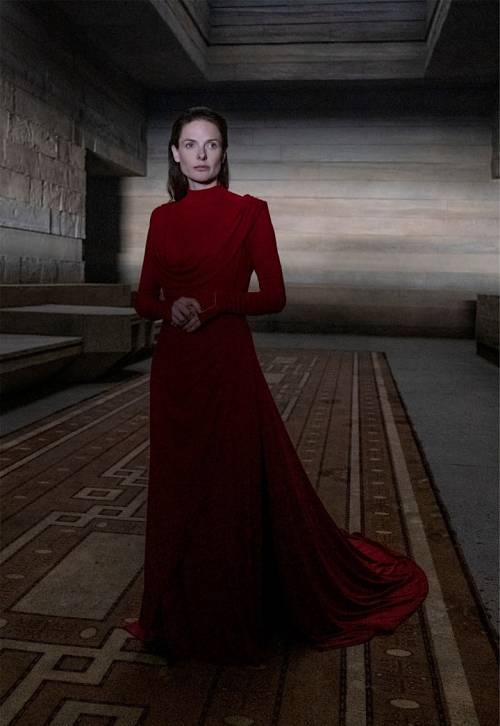
REBECCA FERGUSON photographed by Chiabella James as Lady Jessica on set of DUNE (2021)
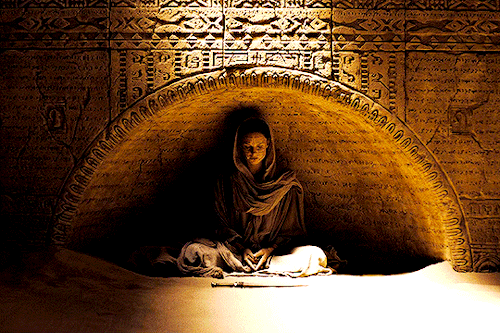
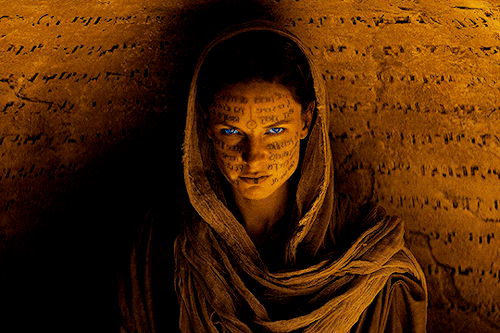
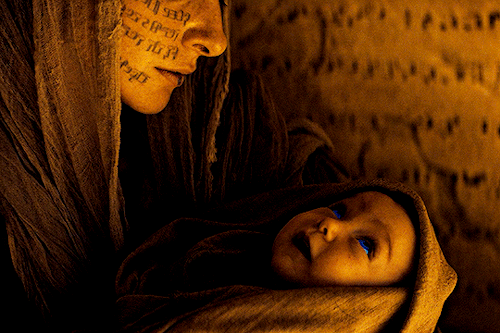
“She sought to divert him, lowered her hands and said: ‘We’ll find a place among the Fremen?’ ‘The Fremen have a saying they credit to Shai-hulud, Old Father Eternity,’ he said. ‘They say: “Be prepared to appreciate what you meet.”’ And he thought: Yes, mother mine – among the Fremen. You’ll acquire the blue eyes and a callus beside your lovely nose from the filter tube to your stillsuit … and you’ll bear my sister: St Alia of the Knife.”
Rebecca Ferguson as Lady Jessica in Dune (2021) dir. Denis Villeneuve
Still having Chani feelings, man. Because I think it is actually not that common to see a character (but especially a female character) whose main commitment in life is to a political struggle, and to have that be taken seriously by the narrative. Not painted as naive idealism or a trendy lifestyle choice or something the character eventually leaves behind for "real" commitments like marriage, career or children.
We don't see really anything of Chani's home life in the sietch, but it seems reasonable to infer that the fedaykin are what she's built her life around. The very first thing we learn about her, before we even know her name, is that she's a fighter. This is a core part of her identity.
She falls in love with Paul when he's willing to risk his life beside her as an equal, for a cause that she can't escape but he could walk away from if he chose. The question she asks him is not Do you love me? but Will you always be with me? Will you always be beside me in the struggle, fighting for the same things I am?
And as soon as the answer to that question is no, they're over. There is absolutely no possibility of love overriding that political betrayal, because her love for him is inextricable from coming to trust that he is committed to their liberation and not simply trying to use them. He said over and over again that he didn't want power, and as soon as he reaches out to claim it there is no way they can be together. The worst betrayal isn't watching him choose another woman, it's watching him declare himself emperor and send her own people off to slaughter others when he said he was fighting for their freedom.
So she leaves him, and we're never supposed to see it as anything but justified. There is simply no way she will turn her back on the most important thing in her life for him.
![[They] Think To Trick Me By Making Me Distrust Your Mother. They Don’t Know That I’d Sooner Distrust](https://64.media.tumblr.com/383cedab3e76502175572ae7c65ec13d/4dff4024614ed076-ca/s500x750/bfe7b6f496ab53061536f44b65dafd142cb9d459.gif)
![[They] Think To Trick Me By Making Me Distrust Your Mother. They Don’t Know That I’d Sooner Distrust](https://64.media.tumblr.com/01716807bab0caf41f48df22f805ed7d/4dff4024614ed076-3c/s500x750/b0eaf4f9a2616d3202bfd0fdf96a0ec46a5bc4a1.gif)
[They] think to trick me by making me distrust your mother. They don’t know that I’d sooner distrust myself.
Lady Jessica & Duke Leto Dune, Frank Herbert

Timothée Chalamet as Paul Atreides and Rebecca Ferguson as Lady Jessica in “Dune” (2021)
[Foaming at the mouth while gripping you by the shoulders] You don't understand. Chani leaving at the end was about so much more than the romance. It outlined the entire point of the story. Chani in the film STANDS for the POINT Herbert was trying to make. About how wrong Pauls actions really were, about how religion was being utilised as a tool of political power, about how her own people were turned into tools of invaders. Chani is the voice of reason in this film and she leaves. She just leaves. She wants nothing to do with what Paul has become. Do you understand.


“You know the ancient tongues.” “I know many things…”
REBECCA FERGUSON in DUNE (2021) dir. DENIS VILLENEUVE






My father came, not for spice, not for the riches, but for the strength of your people. My road leads into the desert. I can see it. If you’ll have us, we will come. DUNE (2021) dir. Denis Villeneuve












We’re Harkonnens. So this is how we’ll survive, by being Harkonnens.
Dune: Part Two (2024) dir. Denis Villeneuve






Lady Jessica + outfits
DUNE (2021) dir. Denis Villeneuve Costume Design by Jacqueline West and Bb Mrgan.

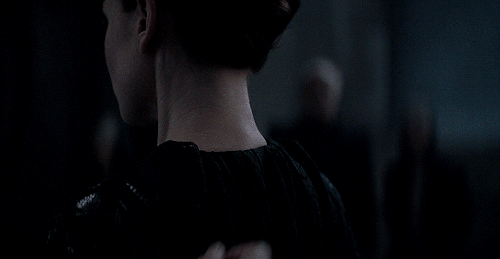
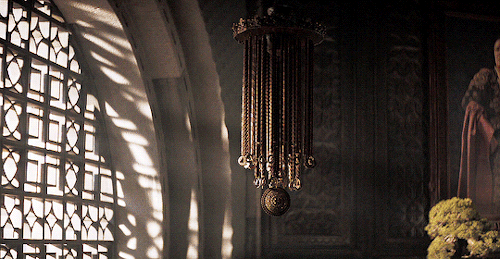
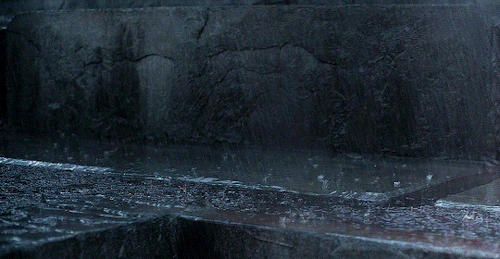
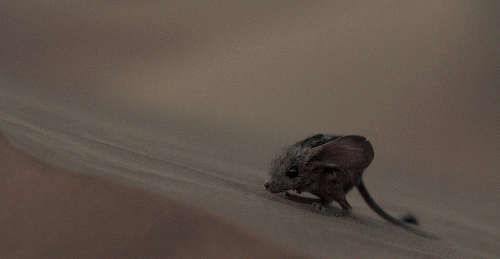
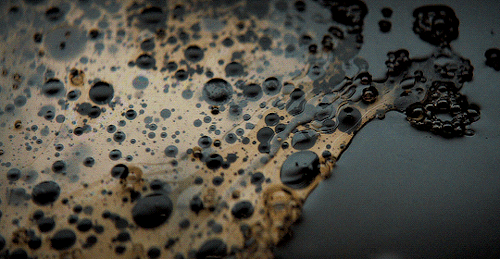
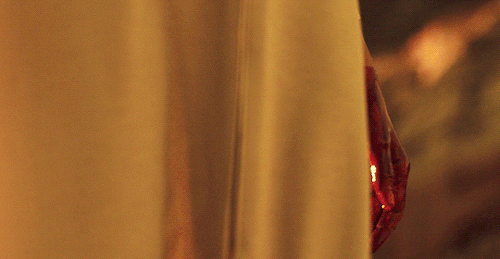
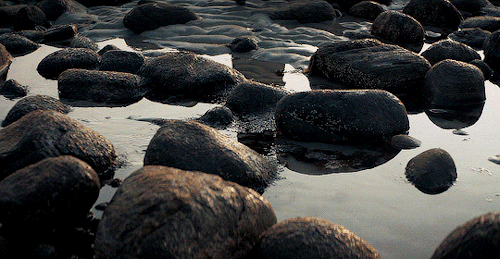
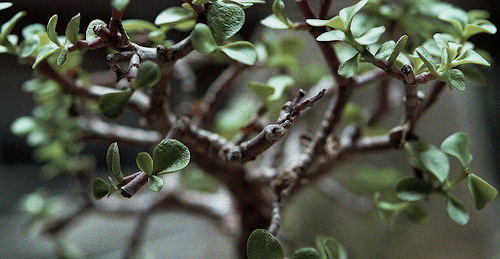

My lungs taste the air of Time, Blown past falling sand…
DUNE (2021) | dir. Denis Villeneuve


REBECCA FERGUSON — Dune: Part One (2021) dir. Denis Villeneuve — Dune: Part Two (2024) dir. Denis Villeneuve









“Once I put myself in their skin, and get rid of all the onion skins, the levels between the inside and the outside, I feel I can then help create the bridge from the actor to the character. I did psychological studies on each of these characters. Lady Jessica is basically a concubine but a very intelligent one and a highly trained Benne Gesserit. Not only does she have a mystical side but she also has an intelligent, old soul side. I wanted her outfits to be both compellingly nun-like, but also appropriate for a courtesan, which is also what she is. I had to embody all of those somewhat contradictory things in her costumes.
So I went to Goya, who is one of my favorite painters. I’ve always felt there are two painters from the past who would be filmmakers if they lived today. One is Goya and the other is Giotto. I took from both of them — Giotto more for the nun-like Benne Gesserit; and more Goya for Lady Jessica, because there’s a deep, Spanish romanticism in his paintings, especially The Clothed Maja. That’s where I got the idea for the laced dress for her. I didn’t use Spanish lace, but I had a lace made that looked very much like the future, but with a real romantic touch from the past.” - Jacqueline West, Costume Designer on Dune
Rebecca Ferguson as Lady Jessica in Dune (2021) dir. Denis Villeneuve
The Villeneuve Dune(s) can be broadly interpreted as one of the two possible futures Paul sees in the original novel
Spoilers below for Dune Part Two. (And for the original novel, but that's been out since the 60s.)
He had seen two main branchings along the way ahead--in one he confronted an evil old Baron and said: "Hello, Grandfather." The thought of that path and what lay along it sickened him.
The other path held long patches of grey obscurity except for peaks of violence. He had seen a warrior religion there, a fire spreading across the universe with the Atreides green and black banner waving at the head of fanatic legions drunk on spice liquor. Gurney Halleck and a few others of his father's men--a pitiful few--were among them, all marked by the hawk symbol from the shrine of his father's skull.
"I can't go that way," he muttered. "That's what the old witches of your schools really want."
Obviously the Doylist explanation for why there are differences in the new films is that the original book is 60+ years old and has certain elements no longer in cultural vogue that were adapted out or altered to better fit modern sensibilities, and I'm all for that. But I did find it interesting that there is an explicit moment at the end of Part 2 where Paul confronts the Baron, utters the "Hello, Grandfather," line, and kills him.
This isn't necessarily because there is any one choice that Paul makes throughout the course of the two movies that leads here instead of to the jihad. In point of fact, most of the changes that drive him here are caused by choices made in the adaptations of the films.
The causal chain that leads to Paul undertaking the spice agony is his failure to predict the attack on Sietch Tabr, rather than his failure to predict Gurney's attack on Jessica; this is, of course, necessitated by the omission of the Harkonnen scheme in part 1 to impair Thufir's Mentat efficiency and potentially drive a wedge between Leto and Jessica by framing Jessica as the traitor. The final push that causes him to make the decision is, of course, the vision he experiences of an alternate future in which he didn't have to kill Jamis, with Jamis counseling him to climb as high as possible before the hunt so he can see as far as possible. (In other words, he ignores Stilgar's advice of not listening to the djinn.)
Similarly, his killing of the Baron is necessitated by the adaptational choice to keep Alia as a fetus so the audience doesn't have to deal with a two-year-old talking like an adult and killing the Baron, which they probably did because it would have been distracting.
However, I might argue that a Watsonian explanation for the film omitting the two-year time-jump lies specifically with Paul's decision to explicitly disavow the prophecy when Jessica undergoes the spice agony, and to explain to the Fremen that her survival is because of her Bene Gesserit training. He then attempts to secure his position with the Fremen through secular deeds, rather than letting Jessica carve a place for them with the BG prophesy.
This disagreement between the two of them causes her in turn to take a more active approach in cultivating Paul's status as Lisan al-Gaib, which accelerates the timeline of the Fremen being ready to submit to him. In turn, Paul focusing more strongly on guerrilla war against the Harkonnens accelerates the timeline of Feyd-Rautha being put in charge of Arrakis and cracking down hard in the north, leading to the aforementioned crisis point of Sietch Tabr being attacked without Paul's foreknowledge.
Notably, while we do see the shrine of Leto's skull in the film, we only see it in a vision; there is no moment in the movie where Paul explicitly finds his father's remains and enshrines them. Hence, going from a strict interpretation of the film's "text," this is not the future in which the legions are marked by the shrine, because the shrine doesn't exist. It is the other future. The compression of time means that Paul and Chani's relationship is much newer and more fragile and doesn't survive the strain of his apotheosis, and that's what sickens him most.
Of course, the "Hello, Grandfather" path also leads to the jihad, because Paul's tragedy is that his very existence was always going to lead to it, regardless of what he chose to do.
And Paul saw how futile were any efforts of his to change any smallest bit of this. He had thought to oppose the jihad within himself, but the jihad would be. His legions would rage out from Arrakis even without him. They needed only the legend he already had become. He had shown them the way, given them mastery even over the Guild which must have the spice to exist.
Obviously none of this passes explicit, close scrutiny, and is more of a fun "if you squint and look at it a certain way it kind of makes sense." I expect that the line was put in as a nod to the original book, no more or less, but making up head-canons like this is fun for me and if even one other person finds it edifying then I consider sharing it time well spent!
!["There Were A Couple Of Scenes [in Dune (2021)] That Were All About The Training Technique. There Was](https://64.media.tumblr.com/3cc8dde37f391cbc79313fa767e00c57/ca821b0ae5f7b6cc-97/s500x750/e340601583ea0a86c4c86805c694982cb5b5efec.jpg)
!["There Were A Couple Of Scenes [in Dune (2021)] That Were All About The Training Technique. There Was](https://64.media.tumblr.com/3b97a55f0a92789e3bcc6be3042b46b3/ca821b0ae5f7b6cc-02/s500x750/c7a47713e3d871cdd1701f5235ca699c1877979b.jpg)
"There were a couple of scenes [in Dune (2021)] that were all about the training technique. There was one scene that I was quite sad they cut away. There are physical training methods, where Jessica teaches Paul the art of fighting with the knives that he later uses on Jamis [the Fremen warrior played by Babs Olusanmokun]" - Rebecca Ferguson for The Hollywood Reporter
Rebecca Ferguson as Lady Jessica and Timothée Chalamet as Paul Atreides photographed by Chiabella James on set of Dune (2021) | "The Art and Soul of Dune" and "Dune: Part One : The Photography"
I think people don't really understand why Baron was always supposed to be a ridiculous kind of villain and he was meant to die almost on accident, with no bang whatsoever.
There is a reason why Paul wasn't the one that killed him in the books. Baron was a shadow of a pawn and by the end of the story, Paul is so far above him, that he really couldn't care less. When he hears about his death, he doesn't give a single fuck.
He doesn't even care enough to kill Mohiam. He is beyond Guild's control, not to mention Emperor's or Jessica's.
They should all fear him. They can't do anything to stop him.
And Baron? This dude wouldn't even be able to bring down Leto, if it wasn't for Peter and him breaking an imperial conditioning for doctor Yueh.
What the movies fail greatly to present is how much the scale shifts over the story. What the message behind it all means. Because Harkonnes are the easiest kind of villains to spot, but in the end, maybe they are not the worst.
Maybe Paul himself is the worst.
Plans within plans don't exist in new Dune movies. It's as simple as that.
Even Feyd doesn't die because he's a Harkonnen. That's what Gurney thinks, that's what Fremen and even Emperor believe is happening. But Feyd dies because Feyd is almost Paul himself.
Baron is only as important as far Alia's story goes.
He was always her villain. Not Paul's.
The entire weight of her arc in Messiah shifts now, and I honestly hate it.
